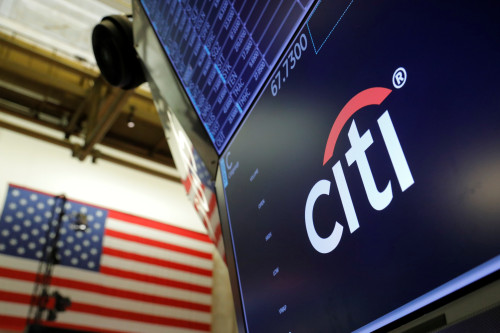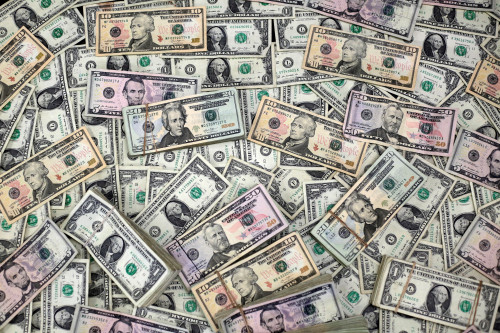By Tatiana Bautzer
NEW YORK (Reuters) -Citigroup’s Chief Economist Nathan Sheets said on Tuesday the U.S. has a 40% to 45% chance of recession as the economy suffers the impact of tariffs imposed by President Donald Trump on China and other trading partners.
The Trump administration announced earlier this month, then paused, sweeping tariffs on dozens of countries, throwing the global economy into a state of uncertainty.
Sheets expects GDP to grow in the second quarter, pushed by consumers rushing to make purchases ahead of tariffs coming into effect. The largest impact on U.S. growth is expected during the second half of the year, Sheets told clients in a conference call. “Tariffs are a stagflationary shock to the U.S. economy,” Sheets said.
The markets’ reaction to the tariffs and more recently, to the president’s attacks on Federal Reserve chairman Jerome Powell may have a long-lasting impact, Sheets and senior Citigroup economist Robert Sockin warned.
Sheets said Trump’s recent attack on Powell for not cutting interest rates preemptively shows an “implicit admission of these negative effects” associated with the tariffs.
Markets’ reaction since the announcement of tariffs shows a loss of confidence in U.S. policies, he added, and may have an impact on the future potential growth. “Should we mark down estimates of real GDP growth for the U.S. over the next three to five years? Maybe, if you think there is a lasting structural damage to the economy due to compromising of U.S. institutions,” Sheets said, citing the threats to the Fed as an example.
The extent to which U.S. policies change depending on the administration in charge may create instability on the longer term, according to the economist.
Citi’s chief economist considers that so far there is no viable alternative to the dollar as the world’s reserve currency. The risk of reduction of foreign holdings of treasuries is real, but he does not believe in a massive simultaneous sale, that would hurt foreign investors as well as the U.S. government.
(Reporting by Tatiana Bautzer; Editing by Alistair Bell)





